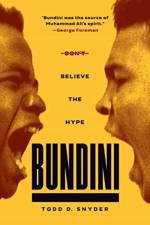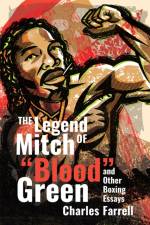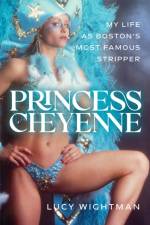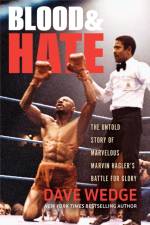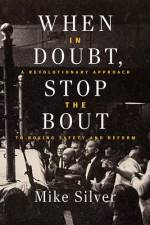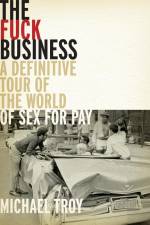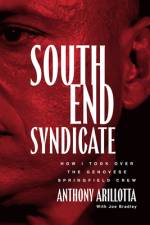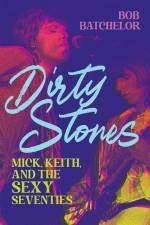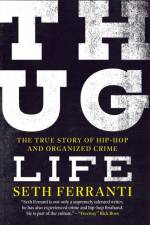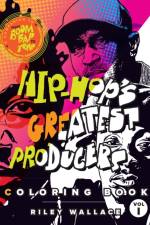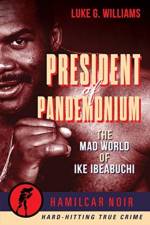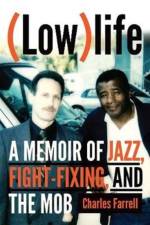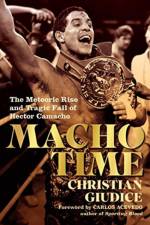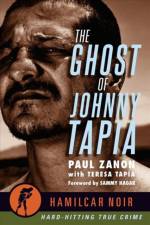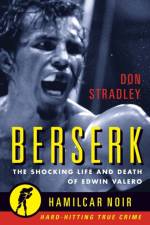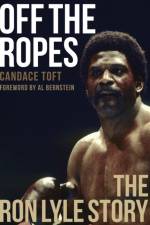- The True Story of Hip-Hop and Organized Crime
av Seth Ferranti
357
“Seth Ferrranti is not only a supremely talented writer, he has also experienced crime and hip-hop firsthand. He is part of the culture.”—“Freeway” Rick RossFrom the penitentiary to the streets, it’s on and popping. Thug life is more than spitting rhymes or hustling on the corner. Thugs live and die on the streets or end up in the “belly of the beast.” Rappers name-drop guns by model number and call out drug dealers by name. Gangsta rap is crack-era nostalgia taken to the extreme. It’s a world where rappers emulate their favorite hood stars in videos, celebrate their names in verse, and make ghetto heroes out of gangsters. But what happens when hip-hop and organized crime collide?From the blocks in Queens where Supreme and Murder Inc. held court to the neighborhoods of Los Angeles where Harry-O and Death Row made their names to Rap-A-Lot Records and J Prince in Houston, whenever rap moguls rose the street legends weren’t far behind. From Bad Boy Records and Anthony “Wolf” Jones in New York to Gucci Mane and the Black Mafia Family in Atlanta to Too Short and Daryl Reed in the Bay Area, thug life wasn’t glamorous. The shit on the street was real. In the game there was a common struggle to get out of the gutter. Cats were trying to get their piece of the American Dream by any means necessary. Drug game equals rap game equals hip-hop hustler.In Thug Life, Seth Ferranti takes you on a journey to a world where gangsterism mixes with hip-hop, a journey of pimps, stick-up kids, numbers men, drug dealers, thugs, players, gangstas, hustlers, and of course the rappers who live dual lives in entertainment and crime. The common denominator? Money, power, and respect. TABLE OF CONTENTSPart 1: “It’s Not about a Salary, It’s All about Reality.”—NWAChapter 1: Oakland—Too Short and Daryl Reed, 1986–1990Chapter 2: Houston—Rap A Lot Records and J Prince, 1987–2007Chapter 3: Los Angeles—Ruthless Records and Eazy, E 1988–1996Chapter 4: Los Angeles—Death Row Records and Harry-O, 1989–1998Chapter 5: Miami—Zoe Nation and Zoe Pound, 1990–2009Part 2- “Stop, Drop, Shut ’Em Down, Open up Shop.”—DMXChapter 6: Brooklyn—Jay-Z and Calvin Klein, 1992–2008Chapter 7: San Francisco—Thizz Entertainment and Mac Dre, 1992–2004Chapter 8: New York—Czar Entertainment and Jimmy Henchmen, 1992–2012Chapter 9: Harlem—Big Boss Records and Kevin Chiles, 1993–2007Chapter 10: Manhattan—Bad Boys Records and Anthony “Wolf” Jones, 1995–2003Part 3: “I Got a Hundred Guns, a Hundred Clips.”—Ja RuleChapter 11: Miami—Rick Ross, Boobie Boys, and Slip N Slide Records, 1997–2005Chapter 12: New Orleans—Cash Money Records and Williams Brothers, 1997–2018Chapter 13: Queens—Murder Inc. Records and Kenneth “Supreme” McGriff, 1998–2005Chapter 14: New York—Ruff Ryders Entertainment and Darren “Dee” Dean, 1998–2005Chapter 15: Philadelphia—Take Down Records and Ace Capone, 2000–2005Part 4: “I'm on Some Rob a Nigga Shit, Take the Nigga Bitch.”—Tekashi 69Chapter 16: Chicago—1st & 15th Entertainment and Charles “Chilly” Patton, 2001–2007Chapter 17: Atlanta—Gucci Mane and BMF, 2004–2005Chapter 18: New York—GS9 Entertainment and Bobby Shmurda, 2012–2014Chapter 19: Detroit—BMB Records and Brian “Peanut” Brown, 2012–2014Chapter 20: New York—Tekashi 69 and Bloods, 2014–2019


